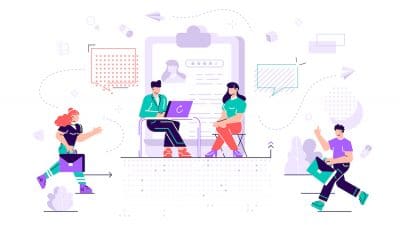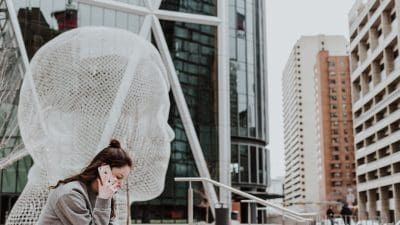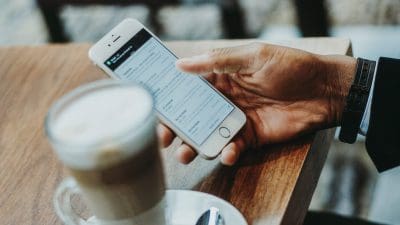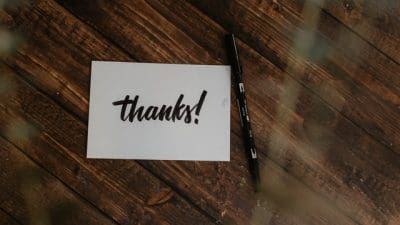So, you had a job interview. Great!
Before you sit back and begin your waiting game, we’re here to tell you that your work is not done. Nope! You may be thinking that you kicked butt at your interview and, obviously, you’re a shoo-in. Or… maybe not. But did you know that your interview actually isn’t over yet? Yup, you’re still in the spotlight and, even if your interview went great, you can still mess up your job prospects.
Also on Mediabistro
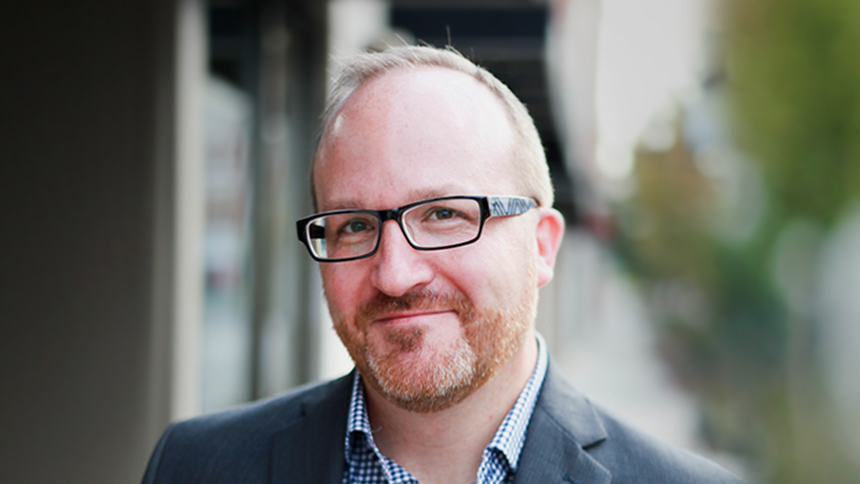

Don’t sweat it! We want to tell you how you can help to seal the deal, or at the very least get some clarity about your chances of getting the job. We’re here to talk about two types of emails you should be sending your prospective employer after your interview.
The first type of email we’re going to talk about should ALWAYS be sent.
Always always always always.
Always. Send. A thank you.
The thank you email
The nice thing about the Thank You email is that you really shouldn’t have to think too much about it. Think: short, sweet, and polite. That being said, there are a couple best practices to follow when sending your thank-you note.
Do send your thank you note very soon after the interview, preferably within 24 hours.
Do make sure to address your interviewer(s) by name and send it to each person who interviewed you.
Do include the words “Thank You” in the subject line so your interviewers understand that you’re not trying to hound them about the job right after the interview. Also include the title of the position you were applying for to jog their memory. Something like “Interview for Data Analyst Position Thank You.”
Do briefly mention your qualifications again.
Don’t be long-winded. This isn’t your cover letter: round 2. While it is ok to restate why you think you’d be a great fit for the job as well as address some concerns the hiring manager may have had, it’s important to think of their time and keep your note to the point.
Don’t make spelling or grammar mistakes. Even if you had a great interview, this could hurt you, a lot.
Pro tip: The key is to be genuine. Be genuine and friendly during the interview so you have something real to mention in your thank-you note and then be genuinely grateful that you’re being considered for the position. Even if you’re nervous about getting the job, try to believe that you really are the best person for the job and your potential employer will think so too.
According to this survey, 80% of HR managers said it was either somewhat helpful or very helpful when they receive a thank you message from a candidate. Despite this, the study also said that only 24% of candidates ever sent a thank you note.
Basically, if you’ve been looking for a way to stand out, this could be it.
Here’s an example of what your thank your message could look like:
Hello [HIRING MANAGER NAME],
It was great to meet you in person! Thank you for having me by the office today and taking the time to talk more about [YOUR COMPANY AND THE ROLE I’M APPLYING FOR]. It was also great meeting with [ANYONE ELSE YOU MET WITH] and learning about their experience at the company and getting some more detail on the day-to-day of a [POSITION TITLE]. Overall, our meeting was very helpful and informative.
I’m excited about where [COMPANY] is headed and believe I can do a lot to contribute to [COMPANY]’s success. My conversations with you confirmed that the [POSITION TITLE] role provides the perfect chance to be challenged and learn about the [THE COMPANY’S INDUSTRY] in a collaborative, [COMPANY CULTURE ATTIRBUTE] environment. I’d be excited to use my experience [STATE RELEVANT EXPERIENCE HERE] to help your company meet its goal of [INSERT GOAL DISCUSSED DURING INTERVIEW].
Please let me know if there is any other information I can provide, I’d be happy to follow up on anything we discussed or provide samples of my work.
All my best,
[YOUR NAME]
[YOUR PHONE NUMBER]
[YOUR EMAIL]
Michelle, who works with many candidates here at Scouted and coaches them through the application an interview process, tells why she believes this is a great thank you email:
“[It’s] long enough to show that [the candidate] put thought into it but concise and to the point and appropriately reinforces his or her interest in the role with specific reasons why. It mentions each of the people the candidate met along with references to specific things from those chats. It was also enthusiastic and positive without using too many “!”s.
Now we get to our second type of follow-up email…
The “I haven’t heard anything from you in a week or more” follow-up email
Now is the time when you become frustratingly familiar with the last email that popped into your inbox, desperately waiting for a new, unread email to come in with your interviewer’s name on it.
You may be tempted to forgo a follow up altogether imagining the complete worst case scenario: Did the manager laugh at you as soon as you left the room? Did you horribly offend them? Bore them? Did they right through your fear of feeling like an imposter?
Here’s what we’re going to tell you:
Hiring managers are busy. They’re real people with a real workload, which, consequently, might be heavier than usual seeing as they’re needing to hire someone.
Some hiring managers might even be happy to see your email pop into their inbox and think, “Right! I was supposed to email them 3 days ago!”
It’s with this mindset that you should follow up with your interviewer. If you were given a date on which they said they would get back to you and that date has come and gone, then feel free to type up your email. If you weren’t given a date but it’s been over a week’s time and you haven’t heard from your interviewer, type away.
Click here to get our very own resume template.
Here are a few guidelines you should follow when following up after an interview.
-
Always assume they’ve been busy.
-
Always be polite (I mean, of course, right?) and thank them for interviewing you in the first place.
-
Remind them of your interview (bring up something specific you discussed so they remember you).
-
Address any concerns they may have had about you and reassure them that you’re a great fit for the position.
-
Restate why you’d be a great fit for the role.
-
Ask if there is anything else or more information they need from you.
-
Leave a way to contact you, just in case.
Here’s an example of what a follow up email can look like:
Dear [HIRING MANAGER NAME]
I hope you’re doing well!
I just wanted to take another moment to thank you for taking the time to interview me last week for the [POSITION YOU APPLIED FOR] role. Again, I would be excited to fill the role and believe I’d be a great fit due to my experience [FILL IN WITH A PIECE OF RELEVANT PAST EXPERIENCE] and could help your company [FILL IN WITH A GOAL THAT WAS MENTIONED DURING YOUR INTERVIEW]. Let me know if you need any other information from me or have any further questions.
Looking forward to talking soon,
[YOUR NAME]
[YOUR PHONE NUMBER]
[YOUR EMAIL]
Again, you shouldn’t ever worry about sending a follow-up email to a prospective employer as long as you keep it short and sweet, grateful, and not pushy. As long as you follow these guidelines, your email will simply help to show off your interest and enthusiasm about the position.
Got some follow-up or thank-you email advice of your own? What was the best follow up message you ever wrote? Share your examples in the comments below!







